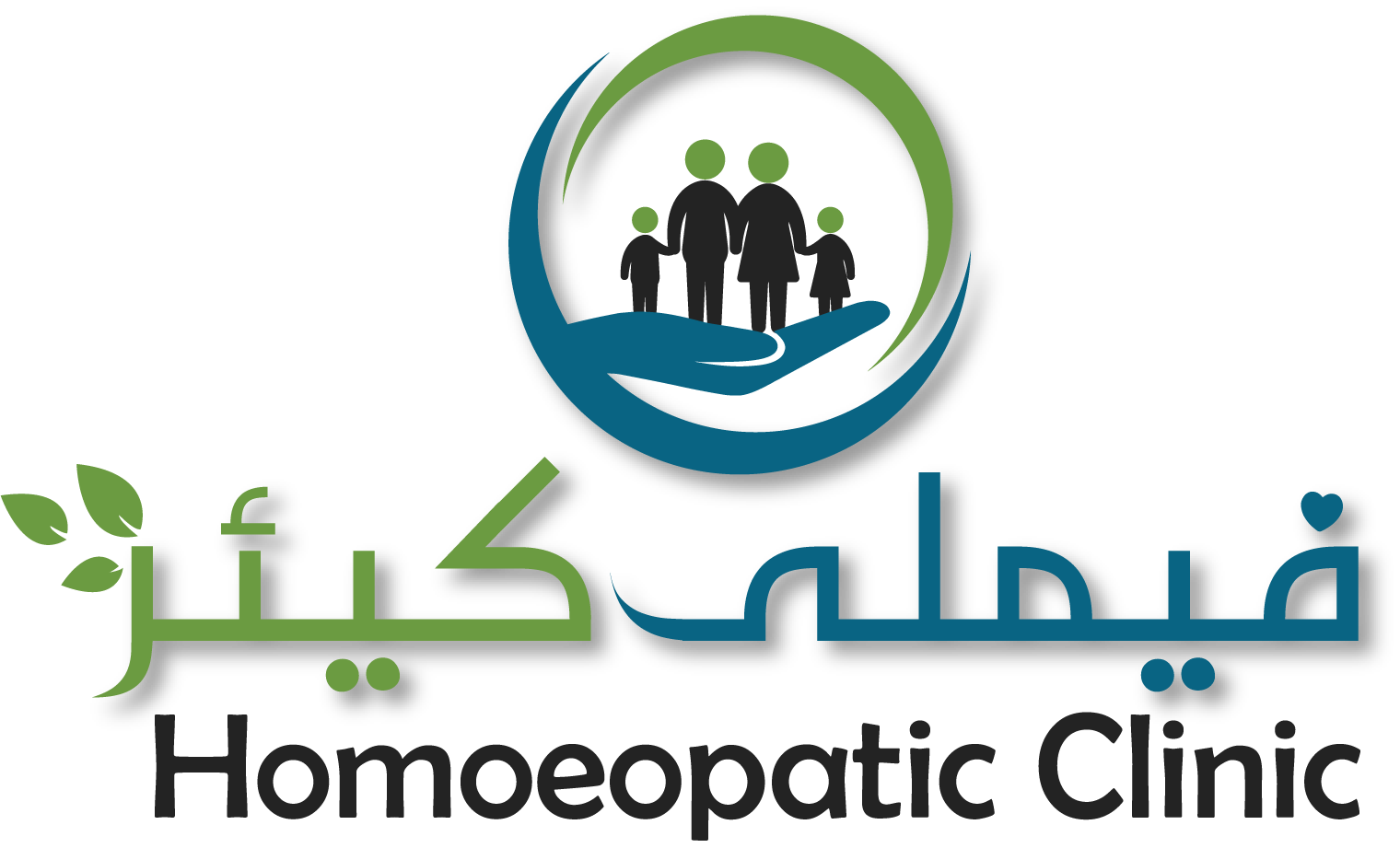Jaundice is a medical condition that is characterized by yellowing of the skin and whites of the eyes. This is caused by an excess of bilirubin, a yellow pigment that is produced when red blood cells break down. Normally, the liver processes bilirubin and removes it from the body, but when something goes wrong with this process, bilirubin can build up and cause jaundice.
There are several different types of jaundice, each with its own specific causes and symptoms. The three main types are:
- Pre-hepatic jaundice: This type of jaundice is caused by an excess of bilirubin being produced by the breakdown of red blood cells. This can occur in conditions such as hemolytic anemia, where red blood cells are destroyed at a faster rate than they can be replaced.
- Hepatic jaundice: This type of jaundice is caused by a problem with the liver itself. This can occur in conditions such as hepatitis or cirrhosis, which can damage the liver and impair its ability to process bilirubin.
- Post-hepatic jaundice: This type of jaundice is caused by a blockage in the bile ducts, which prevents bilirubin from being excreted from the body. This can occur in conditions such as gallstones or pancreatic cancer.
The symptoms of jaundice can vary depending on the underlying cause, but typically include yellowing of the skin and whites of the eyes, dark urine, pale stools, fatigue, and abdominal pain. In severe cases, jaundice can also cause confusion, fever, and seizures.
Diagnosing jaundice typically involves a physical exam, blood tests to measure bilirubin levels and liver function, and imaging tests such as ultrasound or MRI to look for blockages in the bile ducts. Treatment will depend on the underlying cause of the jaundice, but may include medications to reduce bilirubin levels, surgery to remove blockages, or liver transplant in severe cases.
Preventing jaundice involves maintaining a healthy lifestyle, including eating a balanced diet, avoiding alcohol and drugs that can damage the liver, and practicing good hygiene to prevent the spread of viral hepatitis. Vaccinations for hepatitis A and B can also help prevent these infections.
In conclusion, jaundice is a medical condition that is caused by an excess of bilirubin in the body, which can result from a variety of underlying causes. Early diagnosis and treatment are important for managing the condition and preventing complications. By maintaining a healthy lifestyle and practicing good hygiene, we can reduce our risk of developing jaundice and other liver-related conditions.




